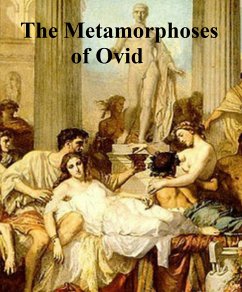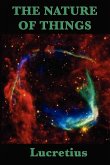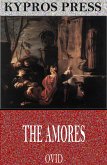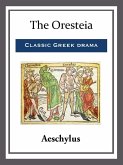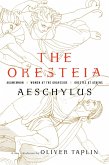Literally translated with notes and explanations by Henry T. Riley, books 1 to 15. First published in 1899. According to Wikipedia: "Publius Ovidius Naso (20 March 43 BC - AD 17 or 18), known as Ovid in the English-speaking world, was a Roman poet who wrote about love, seduction, and mythological transformation. He is considered a master of the elegiac couplet, and is traditionally ranked alongside Virgil and Horace as one of the three canonic poets of Latin literature. His poetry, much imitated during Late Antiquity and the Middle Ages, decisively influenced European art and literature. The Elegiac couplet is the meter of most of Ovid's poems: the Amores - Ars Amatoria, Remedia Amoris - are didactic long poems; the Fasti, about the Roman calendar; the Medicamina Faciei Femineae, about cosmetics; fictional letters from mythologic heroines, the Heroides or Epistulae Heroidum; and all of the works written in exile (five Tristia books, four Epistulae ex Ponto books, and "Ibis", a long curse-poem). The two extant fragments of the tragedy Medea are in iambic trimeter and anapest, respectively; the Metamorphoses is in dactylic hexameter; the meter of the Aeneid, by Virgil and of the Odyssey and the Iliad, by Homer."
Dieser Download kann aus rechtlichen Gründen nur mit Rechnungsadresse in A, B, BG, CY, CZ, D, DK, EW, E, FIN, F, GR, H, IRL, I, LT, L, LR, M, NL, PL, P, R, S, SLO, SK ausgeliefert werden.
Hinweis: Dieser Artikel kann nur an eine deutsche Lieferadresse ausgeliefert werden.

